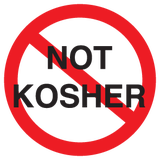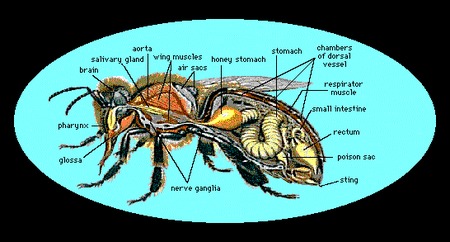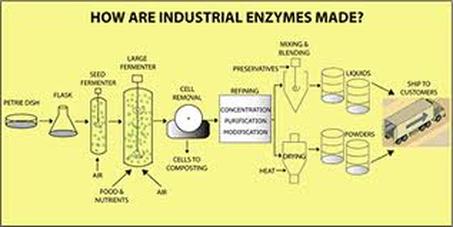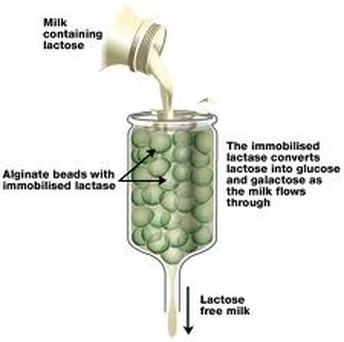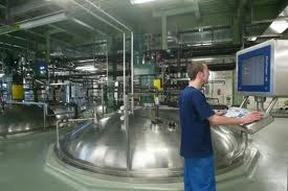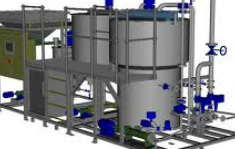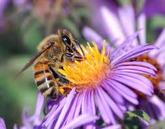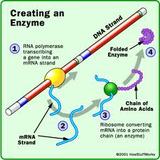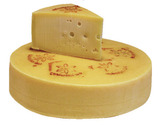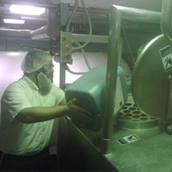Proof that Enzymes are Kosher, Always
|
|
Bees Are Not Kosher Every time we enjoy the delicious taste of honey we should be asking ourselves, how could this be kosher? It seems strange to be asking such a question but the logic is impeccable; there are certain creatures that we are not permitted to eat. Neither are we permitted to eat any foods derived from such creatures. Thus, honey should be considered a food derived from a non-Kosher creature and should be prohibited. |
|
|
Adding the rennet for Kosher cheese
|
|
